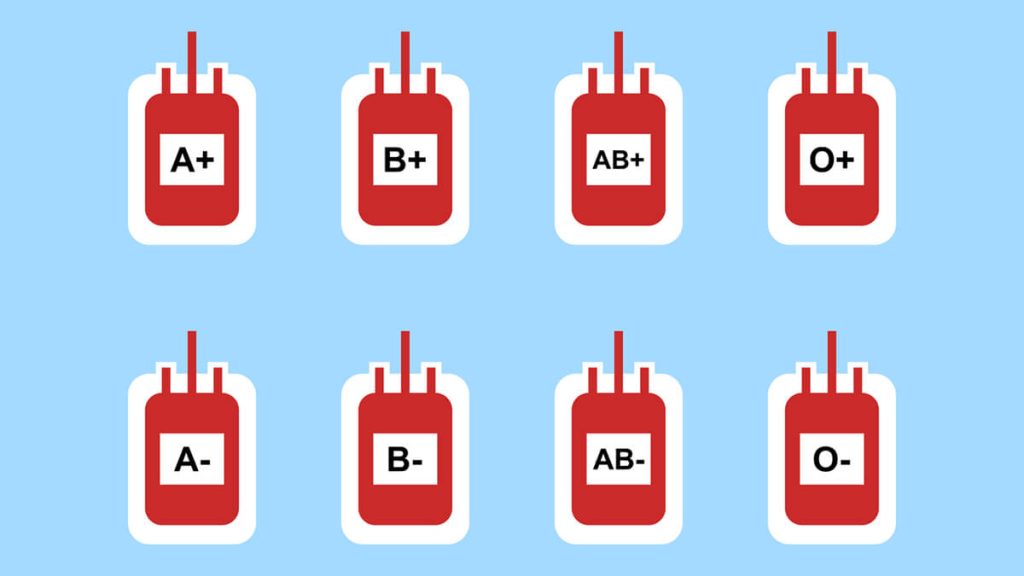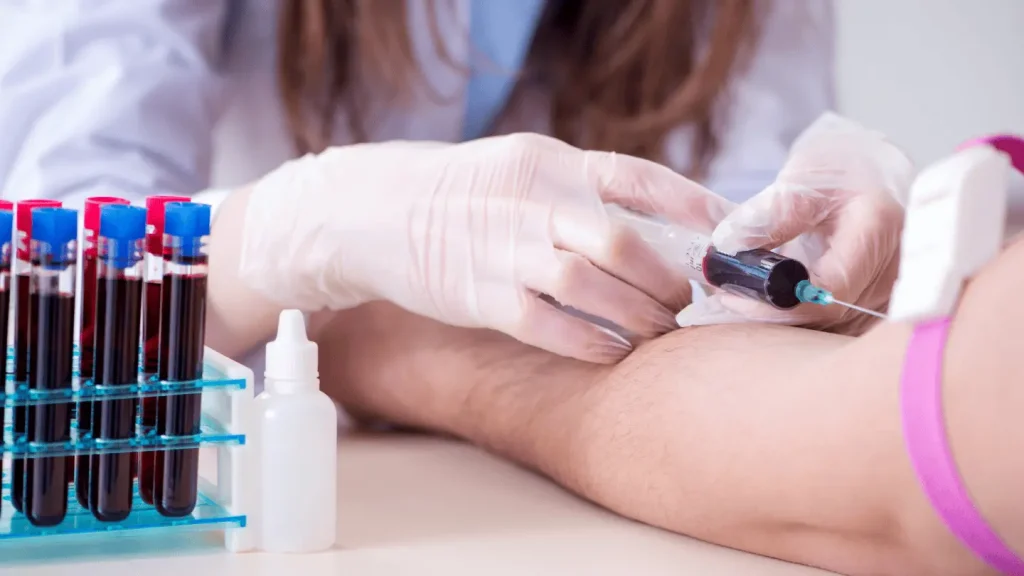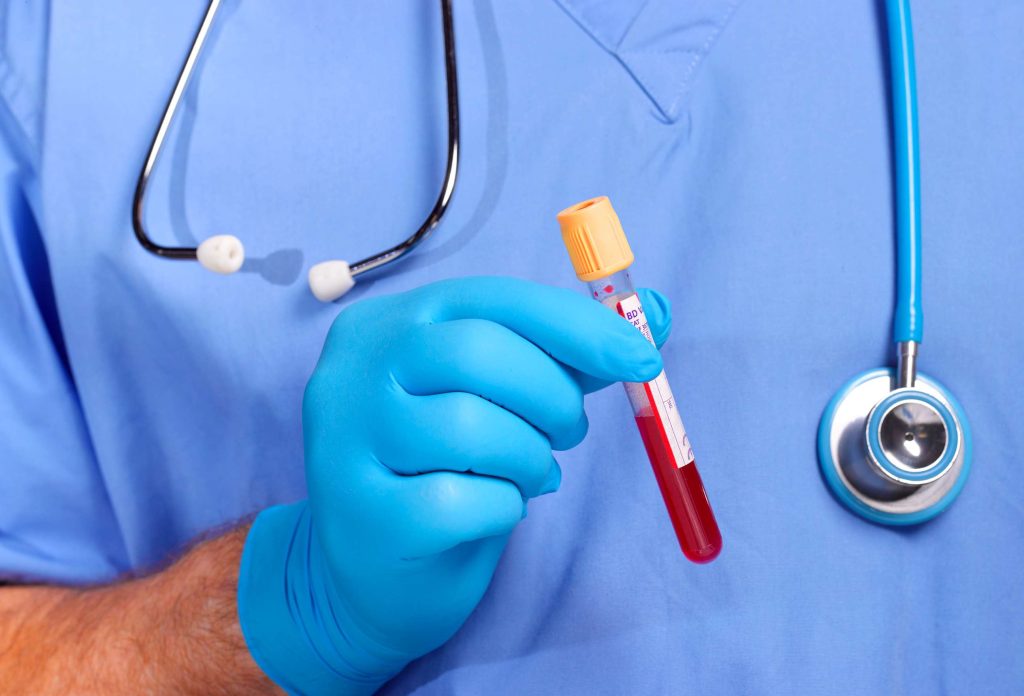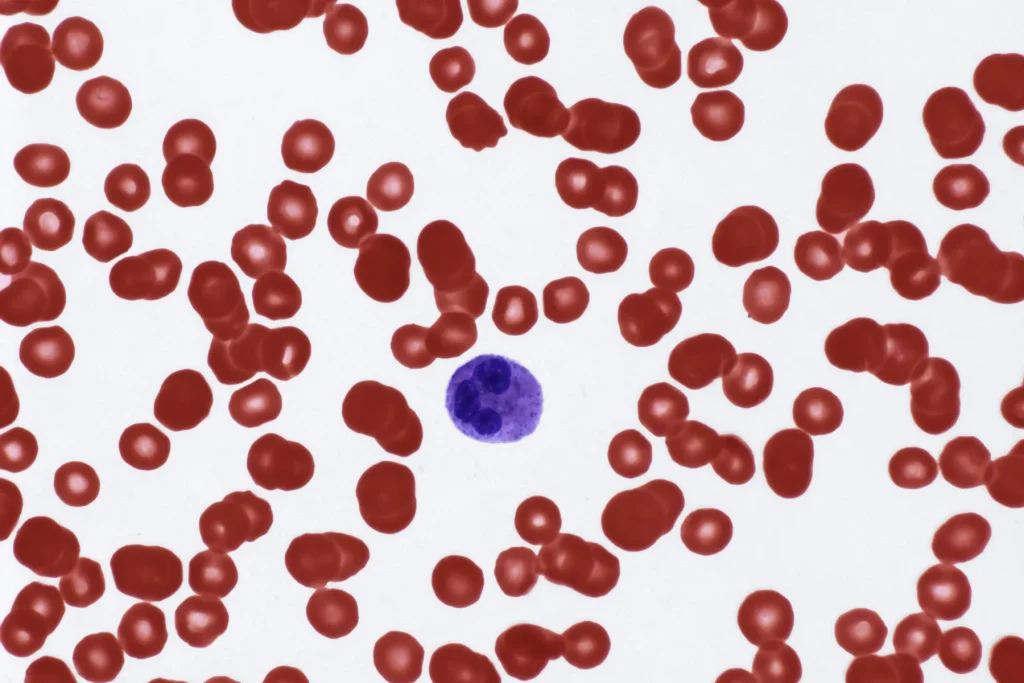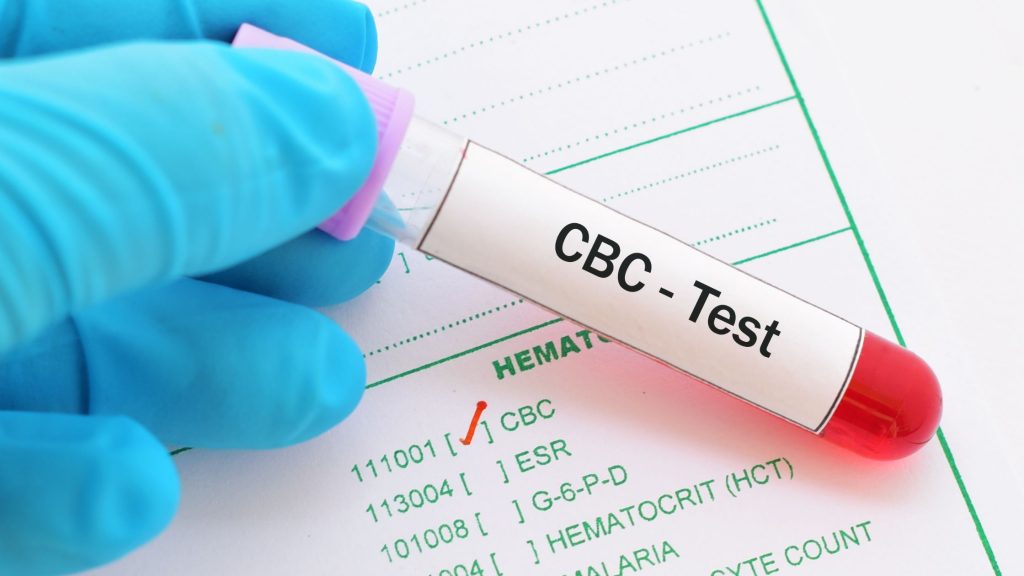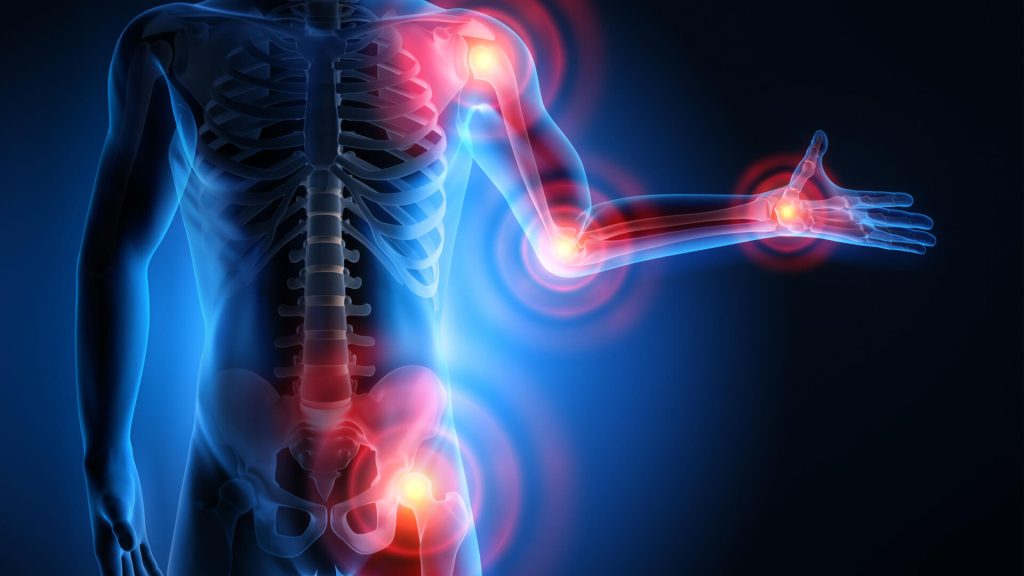Understanding the Rh Factor in Blood Types
Many people first hear about the Rh factor during a routine blood test, yet few realize how this small protein can play such a meaningful role in pregnancy, transfusion decisions and overall health guidance. Patients often describe their first encounter with the term as confusing because the name feels technical, but the concept itself becomes…
Read more

